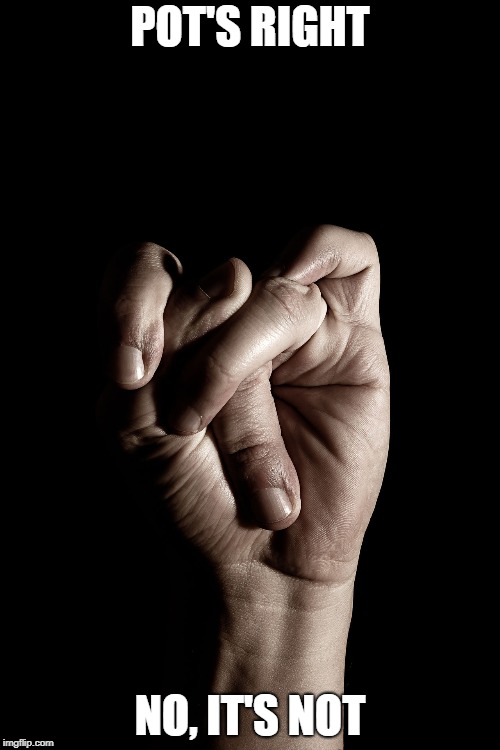Rule 47: Raise Amounts. “The largest prior bet or raise of the current betting round”.
This line refers to the largest additional action or “last legal increment” by a preceding bettor in the current round. The current round is the “current street”, i.e. pre-flop, flop, turn, river in board games; 3rd – 4th – 5th – 6th – 7th street in 7-stud, etc.
Example 1: NLHE, Blinds 100-200. Post-flop, A opens with a bet of 600. B raises 1000 for total of 1600. C re-raises 2000 for total of 3600. If D wants to raise, he must at least raise the “largest bet or raise of the current round”, which is C’s raise of 2000. So, D must re-raise at least 2000 more for a total of 5600. Note that D’s minimum raise is not 3600 (C’s total bet), but only 2000, the additional raise action that C added.
Example 2: NLHE, Blinds 50-100. Pre-flop A is under the gun and goes all-in for a total of 150 (an increase in the bet of 50). So, we have a 100 blind bet and an all-in wager that increases the total by 50. Which is larger? The 100 is still the “largest bet or raise of the current round”, so if B wants to re-raise he must raise at least 100 for a total of 250.
Example 3: NLHE, Blinds 100-200. On the turn A bets 300. B pushes out two 500 chips making the total 1000 (a 700 raise). It is 1000 to C to call. If C wants to raise, it must be “at least the largest bet or raise of the current round”, which is B’s raise of 700. So, C’s minimum raise would be 700 for a total of 1700. Note his minimum raise is not 1000, B’s total bet.
Example 4-A: NLHE, Blinds 25-50. A raises 75 to 125 total. Notice that 125 total = 50 (bet) plus 75 (raise). The next raise on this street must be “at least the size of the largest previous bet or raise”, which is 75. B now raises the minimum (75) to 200 total. C then re-raises 300 for total of 500. We now have a bet of 50, two raises of 75 and a raise of 300 for total of 500. If D wants to re-raise, “the raise must be at least the size of the largest previous bet or raise of the current betting round”, which is now 300. So, D must raise at least 300 more to a total of 800.
Example 4-B: Same as 4-A. It’s the same 500 to D, but there’s just been one raise of 450 by A to a total of 500 and B and C have both called. So, there’s a blind bet of 50 and a raise of 450. “A raise must be at least the size of the largest previous bet or raise of the current betting round”, which is A’s raise of 450. So, it’s 500 for D to call, and if D wants to re-raise he must raise at least 450 for a total of 950.

